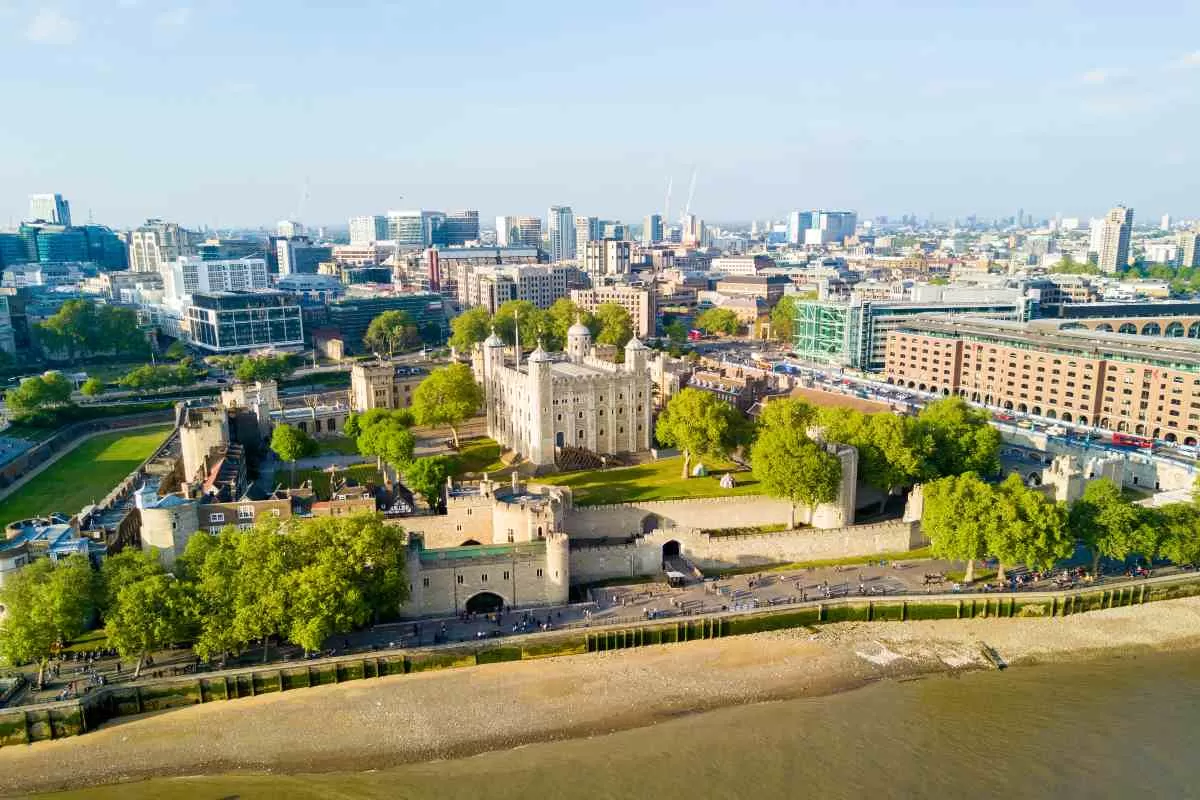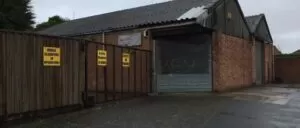In early 2025, the Church of England reignited a centuries-old legal entitlement causing widespread alarm across the UK: its historic claim to mineral rights beneath private homes and farmland. This move has stirred deep unease among homeowners, legal experts, environmentalists, and clergy alike. For many, it is not simply a legal technicality—it is a potential threat to property autonomy, environmental integrity, and the moral standing of one of Britain’s most influential institutions.
What Are Mineral Rights, and Why Do They Matter?
Mineral rights refer to the lawful ownership of the resources buried beneath the ground—such as coal, oil, gas, and precious metals. In the UK, these rights are not always tied to land ownership. This means you may legally own your home and garden, not the subterranean riches.
The Church of England is now actively asserting these rights over an estimated half a million acres of land. These claims are not speculative—they are being formally registered through the HM Land Registry, with letters sent directly to affected property owners. For many, this has come as a shocking revelation.
The Historic Roots of the Church’s Claims
The Church’s mineral rights foundation lies in medieval manorial law, dating back to the Norman Conquest. Many church-owned estates were once part of extensive manorial holdings, often including mineral entitlements. Despite the passage of time—and the sale of much of this land—the underlying mineral rights were retained.
In modern terms, the Church may legally possess the right to profit from underground extraction activities, regardless of who owns the land on the surface.
Why Now? The Timing Behind the 2025 Land Claims
So why is the Church pursuing these rights in 2025? The answer lies in finance. The Church Commissioners, responsible for managing the Church’s multi-billion-pound investment portfolio, are under pressure to maximise long-term returns. As the value of land increasingly ties to its resource potential, unclaimed mineral rights have become a lucrative—and legally accessible—asset class.
Moreover, given the UK’s shifting energy strategy and increasing interest in domestic resource exploitation, the timing is not accidental. By securing legal claims now, the Church positions itself advantageously for future negotiations, leasing deals, or joint ventures.
Fracking: The Unspoken Elephant in the Room
Though the Church has publicly stated it does not plan to engage in fracking or drilling activities, it has stopped short of ruling out leasing its mineral rights to commercial entities. And this is where public concern is sharply focused.
 Iconic Church of England architecture.
Iconic Church of England architecture.
Fracking—or hydraulic fracturing—remains a highly controversial gas extraction method. While not currently widespread in the UK due to environmental resistance and regulatory constraints, fracking could return to the national agenda under energy security pressures.
Environmental Concerns
- Water Contamination: Fracking fluids often include harmful chemicals that may leak into groundwater.
- Soil and Structural Instability: High-pressure injections can cause cracks and displacement.
- Seismic Risk: Documented increases in tremors and minor earthquakes are tied to fracking zones.
For homeowners, the idea that an institution tied to faith and stewardship could profit from such practices—even indirectly—feels like a betrayal.
The Church’s Official Position
In response to growing public backlash, the Church has issued statements assuring the public that it has no plans to drill, mine, or frack on private property. However, it also clarified that asserting ownership of mineral rights is a routine administrative process.
Yet this “routine” activity carries enormous legal and ethical weight. By claiming these rights, the Church establishes the groundwork to sell or lease them to third parties—potentially for extractive or industrial use.
The distinction between “not planning to” and “not allowed to” is vital.
Moral Dissonance: A Church Divided
This episode has exposed a widening gap between the Church’s ethical messaging and financial actions. While bishops and environmental advocates within the Church speak passionately against ecological exploitation, the Commissioners operate as a separate entity focused on economic returns.
Notable Contradictions:
- In 2013, the Church was found to have invested in payday lenders—despite official condemnation.
- In 2021, the Blackburn Diocese declared fracking incompatible with Christian values of stewardship and sustenance for creation.
Today’s mineral rights issue continues this uncomfortable pattern.
Real-World Impact: What This Means for Property Owners
For affected homeowners, the implications of these claims are profound:
1. Loss of Control
You may not be able to stop underground exploration or extraction, even if it affects your quality of life, environment, or property stability.
2. Property Devaluation
The presence of a mineral rights claim can deter buyers or reduce the value of your home.
3. Legal Ambiguity
Most property owners are unaware of subsurface ownership laws. The legal language in notification letters can be confusing, leading to uncertainty and stress.
4. Long-Term Risk
Even if no current drilling is planned, securing these rights today means they could be sold tomorrow.
How to Respond If You Receive a Notification
If you’ve received a Land Registry letter about mineral rights claimed by the Church, consider taking the following steps:
- Seek Legal Advice: A solicitor specialising in property or mineral law can clarify your position.
- Join a Collective Action Group: Local or national advocacy groups can amplify your voice.
- Raise It Politically: Inform your MP and push for greater transparency and legislative reform.
The Scope of the Church’s Holdings
 Mapping the Church of England’s mineral rights across UK land
Mapping the Church of England’s mineral rights across UK land
The Church of England remains one of the largest landowners in the UK, with holdings that include agricultural land, forests, commercial estates, and former manorial sites. This gives the Church unique leverage over vast underground areas.
Even if fracking or mining never materialises, the fact that an external entity can hold legal rights beneath your property remains unsettling for many.
Toward Transparency and Accountability
To its credit, the Church has invited public discussion on the issue, and some bishops have called for a more values-aligned approach. But words must become binding policies.
Homeowners need:
- Clear, accessible explanations of what mineral rights claims mean.
- Legal options to contest or opt-out.
- Guarantees that these rights will not be sold for environmentally harmful purposes.
A Crossroads Between Law, Land, and Conscience
This issue is more than a legal formality. It represents a test of moral leadership, public trust, and the future direction of a national institution. Will the Church prioritise ethical integrity over financial opportunity?
It is also a reminder of how ancient laws can still shape modern lives. In 2025, the average homeowner is caught between historical precedent and future risk, with few protections in place.
Final Thoughts
For homeowners, this is not merely about minerals or money. It is about the right to feel secure in their property, to trust institutions that promote stewardship, and to know that their concerns are being taken seriously.
This story will undoubtedly continue to evolve. However, one thing remains clear: the public deserves full transparency and a meaningful say in decisions that impact their homes, communities, and environment.
Have You Received a Letter About Mineral Rights?
We can help. Contact us to speak with a qualified property solicitor or connect with trusted advocacy organisations. Understand your rights, protect your land, and stay fully informed.
Your property is more than just land—it is your legacy. Do not let buried laws undermine your future.
Frequently Asked Questions
1. Can the Church of England legally claim mineral rights under my property?
Under historical English land law, the Church of England can legally claim ownership of mineral rights beneath properties it once owned or administered—particularly former manorial estates. These rights are separate from surface ownership, meaning the Church may hold entitlements to underground resources even if you own the land above.
2. Does a mineral rights claim mean fracking will happen on my land?
Not necessarily. A claim does not equate to immediate development or fracking activity. However, it grants the rights-holder (in this case, the Church) legal control over the minerals. This means they could lease or sell those rights to commercial entities in future, which is why many homeowners are understandably concerned.
3. How will this affect my property value or ability to sell?
A recorded mineral rights claim can deter buyers, particularly those concerned about environmental impact, legal uncertainty, or future disruption. While not all properties are affected equally, such claims can reduce market appeal and introduce complexity during conveyancing.
4. What should I do if I receive a mineral rights notice from the Land Registry?
Seek legal advice immediately. A skilled solicitor can help you understand the scope of the claim, check for possible objections, and explore any available legal remedies. Consider joining local community action groups to increase collective influence.
5. Why is the Church of England doing this now?
The Church Commissioners are tasked with managing the Church’s assets, and mineral rights can be a long-term source of revenue. Despite growing financial pressures and the increasing value of natural resources, the Church seeks to assert and secure its historic entitlements—despite public concern and ethical questions raised by clergy and environmental groups.


 Iconic Church of England architecture.
Iconic Church of England architecture. Mapping the Church of England’s mineral rights across UK land
Mapping the Church of England’s mineral rights across UK land





